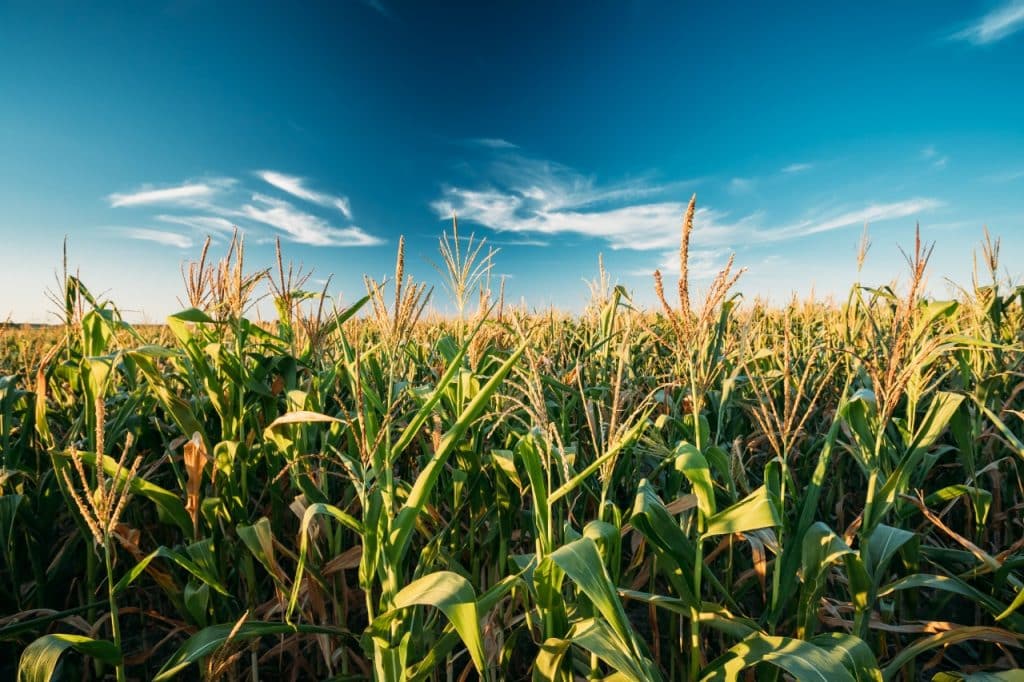Brazil has reached a historic milestone in global corn exports, overtaking the United States as the world's largest exporter of the grain. After more than half a century of American dominance, the South American country now accounts for nearly a third of the international market, while the United States has about 23%. This achievement represents a major change in the global agricultural scenario.
Brazilian leadership is due to several strategic factors. Investments in port infrastructure and logistics have improved the efficiency of production flow. Moreover, the favorable climate allows for two annual corn crops, increasing productivity and competitiveness in the international market.
Meanwhile, the United States faces challenges such as rising production costs, a shortage of farmland, and the lasting effects of the trade war with China. These elements have negatively affected its agricultural exports, including corn and soybeans, where Brazil also leads.
Brazil's strategic relations with China also play a crucial role. With the signing of the grain supply agreement, Brazil became the Asian powerhouse's main corn export partner, reducing its dependence on the United States.
Analysts point out that, given the current economic and political conditions, it is unlikely that the United States will regain its leadership in the near term. The continuation of this trend positions Brazil not only as the “King of Corn” but also as one of the major players in the global grain market, ensuring a prominent position and significant annual revenues for the national economy.

“Wannabe internet buff. Future teen idol. Hardcore zombie guru. Gamer. Avid creator. Entrepreneur. Bacon ninja.”

